
Subscribe to our mailing list.
All Blog Posts With Tag: Bruce McCormack
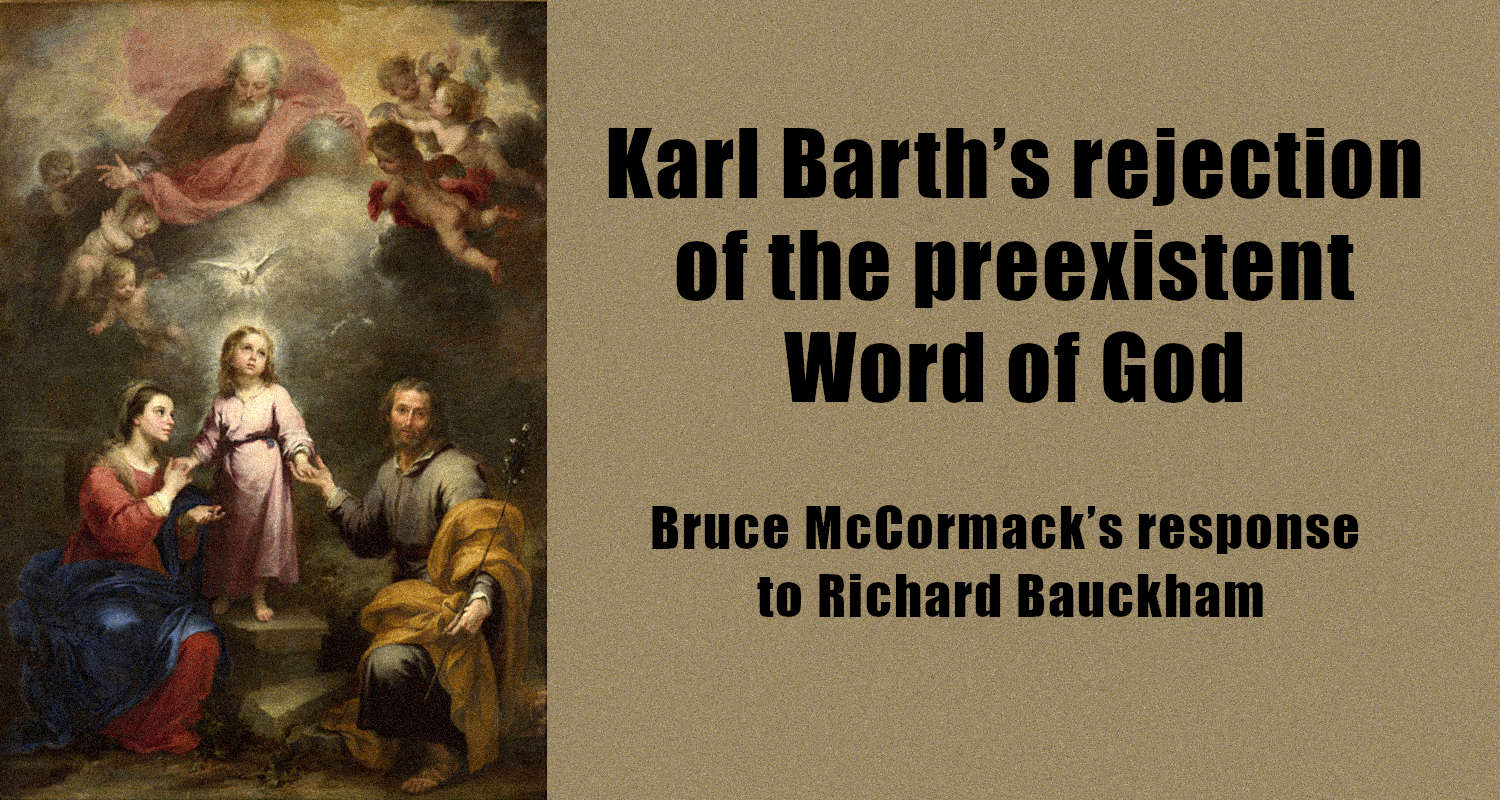
Karl Barth famously argued that Jesus has always possessed a human nature from the beginning of creation, therefore a so-called preexistent Word of God (i.e. Logos) without human nature never existed. Karl Barth affirmed the Virgin Birth, but this does not mean that the second person (or mode-of-being as Barth […]
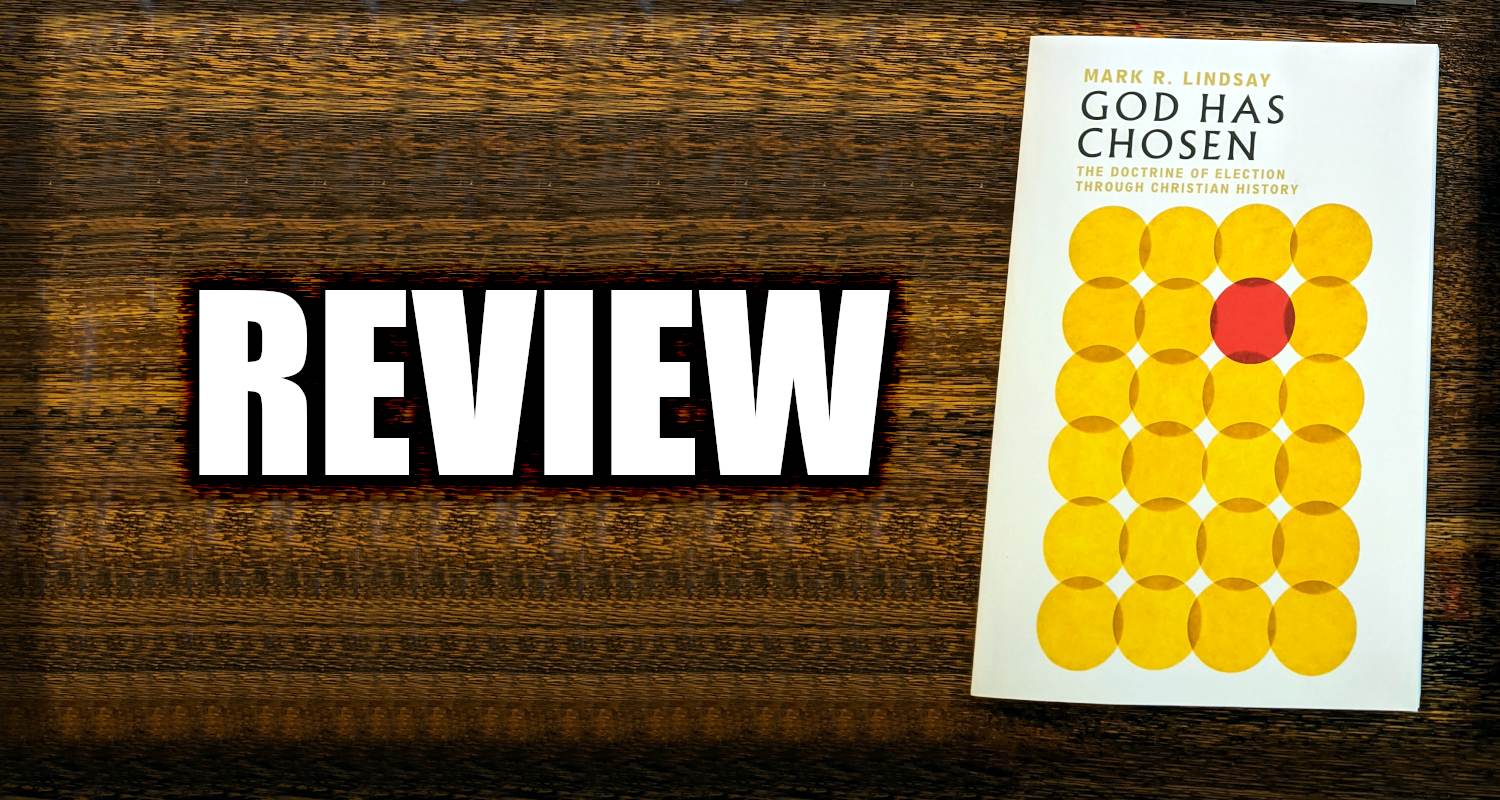
Dr. Mark A. Lindsay's new book God Has Chosen: The Doctrine of Election Through Christian History (2020) published by IVP Academic is an engaging history of the doctrine of election that is easy to read and is not laden with technical jargon. Lindsay does a great job of summarizing the […]
Related: Auschwitz, Book Review, Bruce L. McCormack, Bruce McCormack, CD II/2, Church Dogmatics, Church Dogmatics II/2, doctrine of election, election, George Hunsinger, God Has Chosen: The Doctrine of Election Through Christian History, Karl Barth, Mark R Lindsay, Markus Barth, Pierre Murray, Reading Barth With Charity: A Hermeneutical Proposal, Review
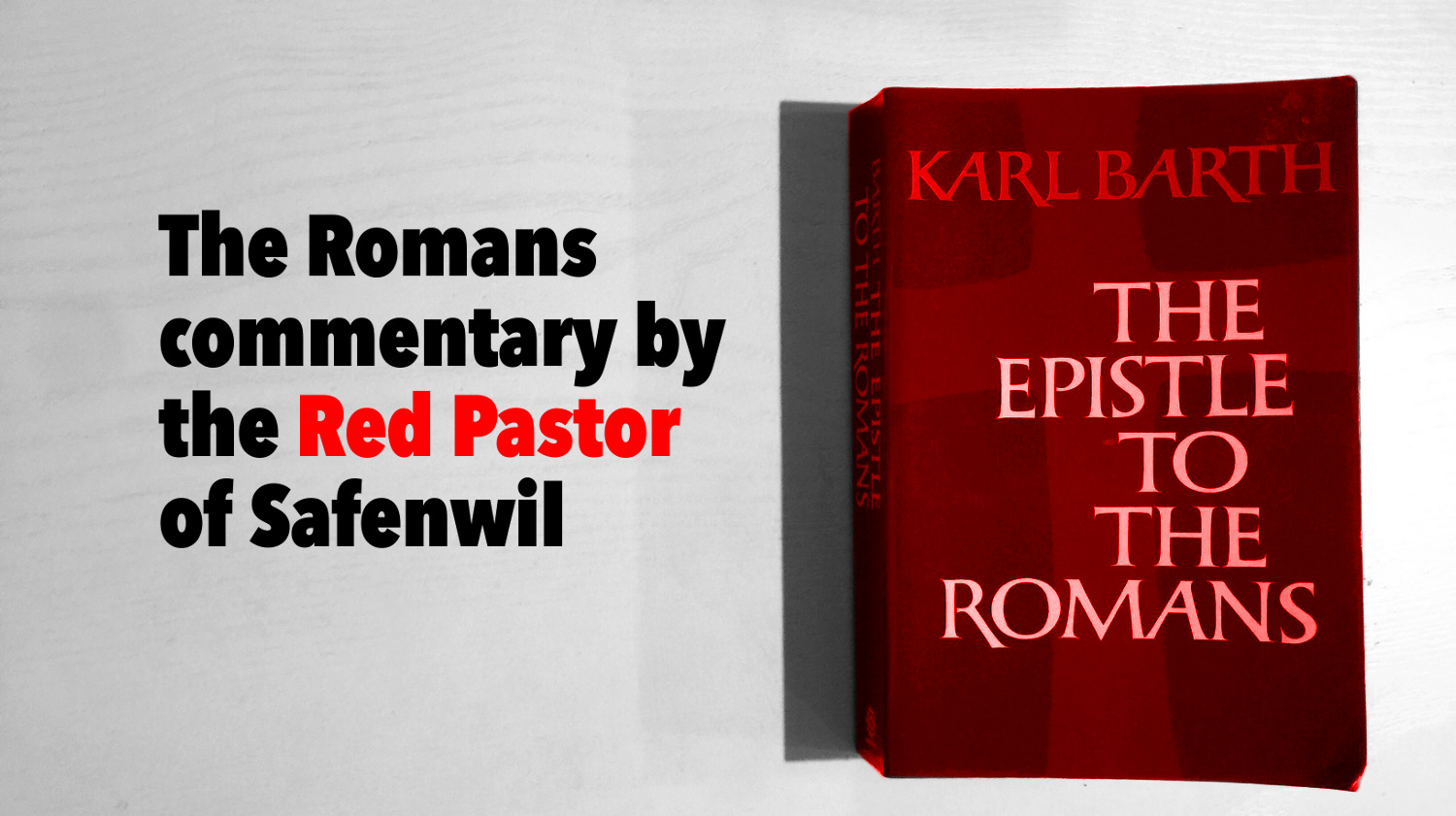
Karl Barth was in his early thirties and a country pastor in Safenwil, Switzerland when he wrote the first edition of his landmark commentary The Epistle to the Romans (Der Romerbrief, 1919). Barth did not have any advanced theological degrees when he wrote Romans, and he wrote it while ministering to blue collar […]
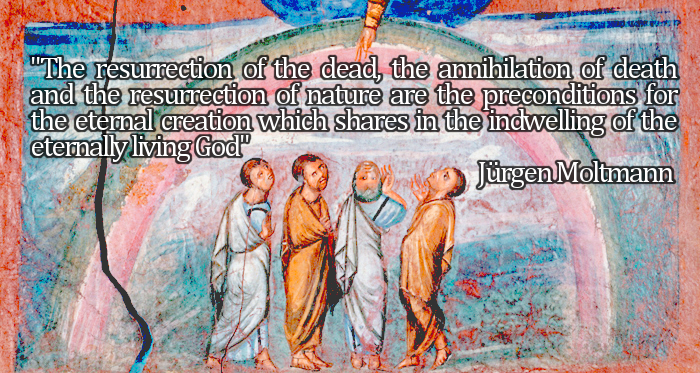
Jesus Christ is the Savior of the Whole World (1 John 2:2), but what is the Maximum Inclusion of this statement? Does this include all people, as well as animals, plants and rocks? I provided John Calvin's answer in Part One, and Karl Barth's in Part Two, and now, Jürgen […]
Bruce McCormack on the Misuse of the Imago Dei (Image of God) (February 24, 2015)
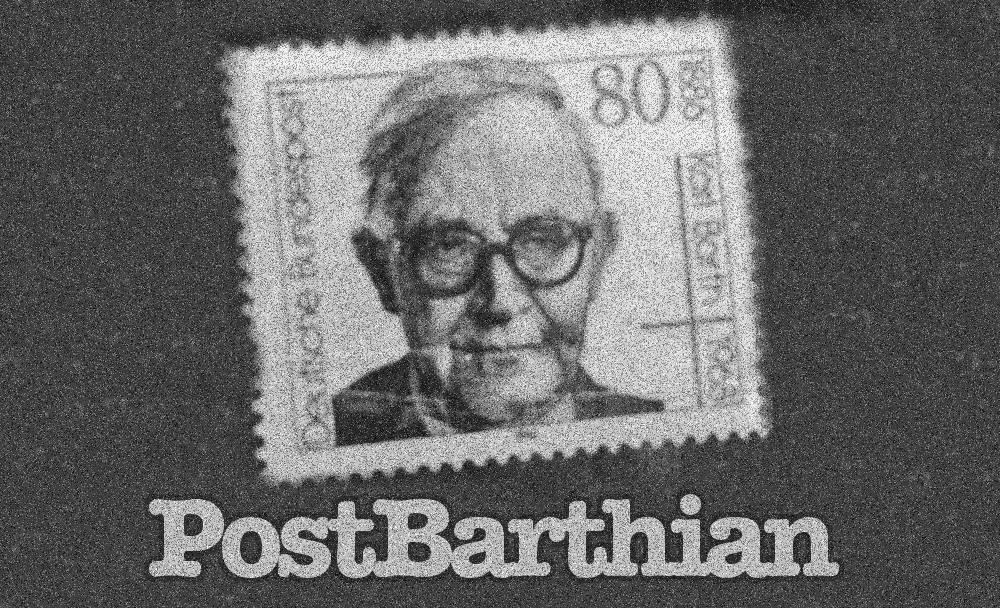
In a panel discussion at the LA Theology 2015 conference, Bruce McCormack provides this provocative explanation on how the imago dei has been misused in the history of Christian theology. I've transcribed his response in the video link as follows.
Bruce McCormack on the imago dei:
"The doctrine of the Image of God has […]

Orthodox and Modern: Studies in the Theology of Karl Barth, by Bruce L. McCormack
Friedrich Schleiermacher was a Calvinist, and although he is known as the father of Liberal Protestantism for his definition of god as "a feeling of absolute dependence", he was nevertheless a Calvinist and John Calvin was his […]
Related: Alexander Schweizer, Bruce McCormack, Calvin: Origins and Development of His Religious Thought, calvinism, Calvinist, Double Predestination, François Wendel, Friedrich Schleiermacher, Institutes, institutes of the christian religion, John Calvin, Karl Barth, Orthodox and Modern: Studies in the Theology of Karl Barth, predestination, The Theology of Calvin, Wilhelm Niesel

